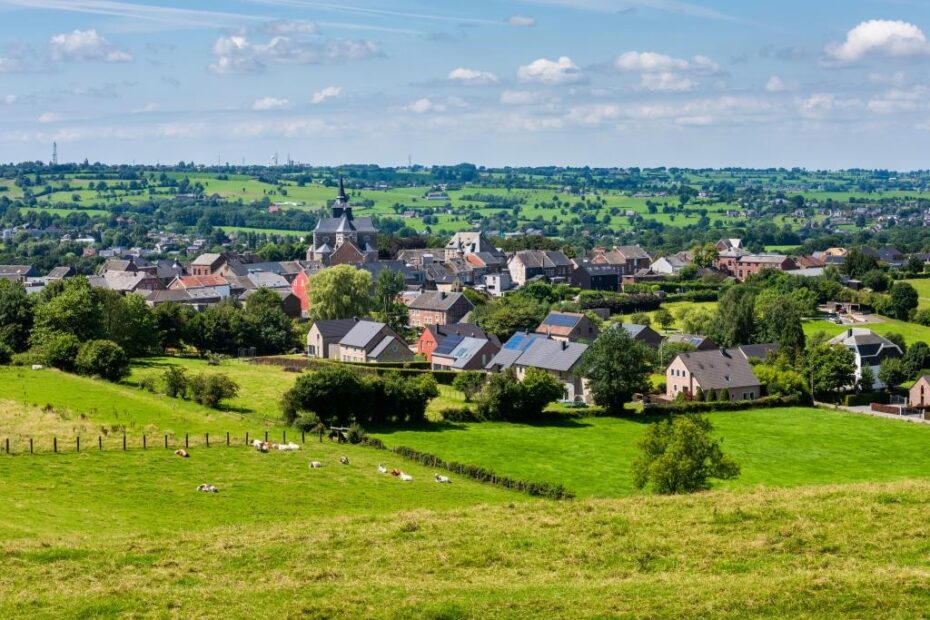Source: DG AGRI, European Commission
The Pilot Project on Smart eco-social villages, initiated by the European Parliament, was completed by a consortium consisting of Ecorys, Origin for Sustainability and R.E.D. between January 2018 and April 2019.
The conclusions of the Pilot Project reflected in the final report are important for the future use of the Smart Village concept in the EU. The review of opportunities and challenges provides a robust knowledge base, the proposed definition clarifies the concept of Smart Villages, and the interactions with villages in the 15 good practice examples and the six case studies gathers insights from grass roots experience.
The Pilot Project identified many examples of villages currently engaged in initiatives to address challenges or improve the quality of life of inhabitants, formulating innovative, Smart solutions that cover a wide range of thematic areas, including agriculture, environment, energy, mobility, health, education, culture or tourism. Despite the diversity of situations, many Smart Villages share common features which are reflected in the proposed definition, such as the importance of citizen participation, an adequate governance and the use of an ‘anchor’ project in steering the strategy towards a specific objective. An appropriate support to the development of Smart Villages should be provided at EU, national and regional levels.
This report is structured according to the four themes of the Pilot Project. Following a description of the methodology in chapter 2, the results of first Theme on opportunities and challenges are presented in chapter 3, the definition developed in second Theme is presented in chapter 4, the fifteen practices analysed in the third Theme are presented in chapter 5 and the findings relating to the fourth Theme are analysed in chapter 6. The final workshop is presented in chapter 7 and the conclusions are summarised in chapter 8.
